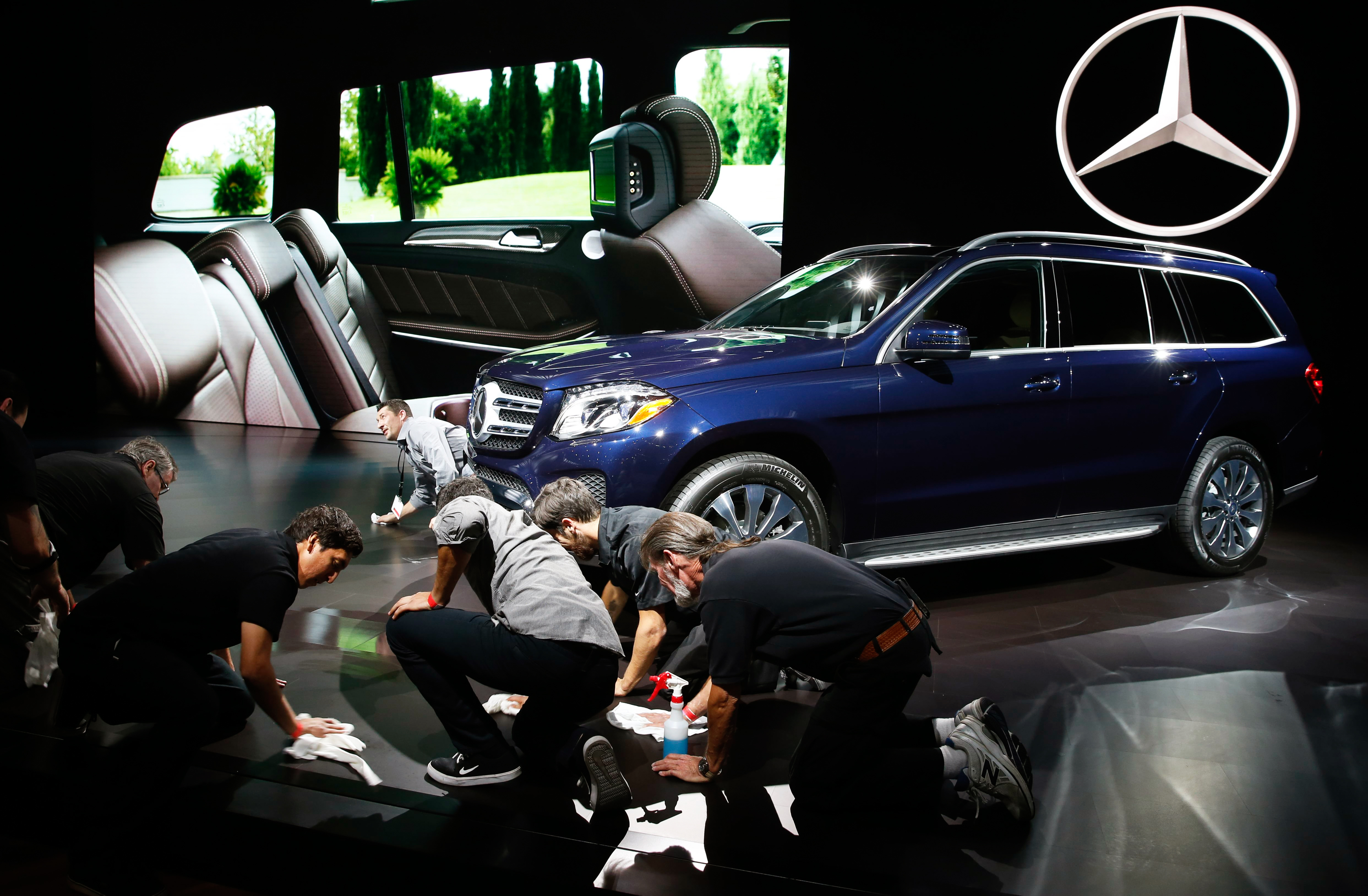Luxury car sales in India have reached new heights, with an average of 128 cars priced over ₹50 lakh sold every day in 2023, up from 95 per day in 2019. This surge in sales can be attributed to a combination of factors, including a lifestyle shift post-Covid-19 and robust corporate earnings. Carmakers are optimistic about the continued growth of the luxury car market in India, citing rising income levels and the low penetration of luxury cars in the country.

Lifestyle Changes and Young Professionals Driving Demand
The lifestyle changes brought about by the Covid-19 pandemic have prompted many younger professionals to opt for high-end automobiles. According to industry estimates, a record-breaking 46,000-47,000 luxury vehicles were sold in India in 2023, marking a 21% increase compared to the previous year and a 35% increase compared to 2019.
Audi, one of the leading luxury carmakers in India, reported an impressive 89% increase in sales in 2023, with 7,931 units sold compared to 4,187 in the previous calendar year. Balbir Singh Dhillon, head of Audi India, highlighted the changing demographics of their buyers, stating that as much as 42% of their sales are now to consumers aged less than 40 years. This indicates a shift in wealth distribution across age brackets in India.
Mercedes-Benz India has also witnessed a significant change in the age profile of their customers. The average age of E-Class and C-Class buyers has decreased to 38 and 35 years, respectively, compared to 45 years half a decade ago. Additionally, the share of salaried professionals among Mercedes-Benz customers has more than doubled to 15% in the last two years.
Corporate Landscape and Increasing Indulgence
India’s changing corporate landscape has contributed to the growth of luxury car sales. Salaried professionals, doctors, lawyers, and start-up entrepreneurs now have more disposable income, leading to an increased indulgence quotient and higher demand for luxury vehicles.
Strong corporate earnings and hefty payouts on employee stock ownership plans (ESOPs) have resulted in a new generation of rich young achievers. Santosh Iyer, managing director and CEO of Mercedes-Benz India, emphasized the impact of these factors on the luxury car segment, stating that they have witnessed structural changes with more young professionals and women buyers opting for Mercedes-Benz vehicles.
Low Penetration and Growth Potential
Despite the recent surge in luxury car sales, the penetration of luxury vehicles in India’s automobile market remains low, standing at just over 1%. In comparison, countries like Taiwan have a luxury vehicle penetration rate of about 20%. This indicates a significant growth potential for luxury carmakers in India.
Audi’s Balbir Singh Dhillon highlighted the correlation between income levels and sales, stating that as income levels increase, luxury car sales will also rise. He pointed out that the per capita income in India is around $2,500, while it is much higher in many South Asian countries. As India’s economy continues to grow, the potential for luxury car sales is expected to expand further.
The transition to electric vehicles (EVs) is also expected to support sales in the luxury car segment. The Indian government levies a lower Goods and Services Tax (GST) of only 5% on EVs, compared to 48-50% on petrol and diesel vehicles. This favorable taxation policy, combined with the potential for local assembly of EVs to reduce costs, will make luxury EVs more affordable for Indian consumers.
Audi is already considering the viability of commencing local assembly of EVs in India, with Balbir Singh Dhillon stating that it is not a question of if, but when. He predicts that nearly half of luxury car sales in the country will come from electric vehicles in the next five years.

Challenges and Opportunities
Despite the positive growth trends, luxury car sales in India face some challenges. High customs duties, GST, and road taxes on imported internal combustion engine vehicles can significantly increase the prices of imported cars, impacting sales in the luxury segment. However, the increasing focus on local assembly and the transition to EVs will help mitigate these challenges and create more opportunities for luxury carmakers.
Conclusion
The surge in luxury car sales in India can be attributed to a lifestyle shift among younger professionals, robust corporate earnings, and the low penetration of luxury cars in the country. Carmakers like Audi and Mercedes-Benz have witnessed significant changes in their customer profiles, with an increasing number of young professionals opting for luxury vehicles. As India’s economy continues to grow and income levels rise, the potential for luxury car sales is immense. The transition to electric vehicles further strengthens this potential, with favorable taxation policies and the possibility of local assembly making luxury EVs more affordable for Indian consumers.
